The Transforming African Agricultural Universities to Meaningfully Contribute to Africa’s Growth and Development (TAGDev 2.0) Program at Egerton University held a successful onboarding meeting with Nyandarua National Polytechnic on 4th June 2025, under the Agrifood Systems & Entrepreneurship Consultum (ASEC) Project. The engagement was aimed to officially launch the project and lay the groundwork for collaborative implementation of youth-focused development activities.
The onboarding meeting brought together key stakeholders including the polytechnic’s management, trainers, and TAGDev program secretariat. Discussions centered around the objectives of the ASEC project, which seeks to enhance the employability and entrepreneurial capacity of young women and men in Technical and Vocational Education and Training (TVET) institutions. Through the strategic partnership with Nyandarua National Polytechnic, the project aims to strengthen the skills amongst young people and create job opportunities for the young women and men. The Principal Nyandarua National Polytechnic Mr. Felix Mung'atu together with the Deputy Principal Mary Ng'ang'a -Deputy Principal, P.A.F (Planning Administration and Finance) in their opening remark emphasized on impact driven intervention and they assured their continued support throughout implementation of the project. They were also grateful for being part of the consortium partners and assured that all members of the institution will work together to ensure that the project is a success and it will leave impact that will last long even after the project completion.
Empowering Young Creatives Through Storytelling for Agricultural and Animal Welfare Advocacy
- Hits: 177
The TAGDev 2.0 Program at Egerton University, in collaboration with Farming Systems Kenya and Brooke East Africa, successfully hosted a two-day workshop on Storytelling for Impact and the role of digital media in advocacy along agricultural value chains. The workshop took place on the 27th and 28th of May 2025 at the TAGDev Centre, Egerton University, and brought together 20 young creatives under the TAGDev Creatives for Agriculture Hub.

The creatives were drawn from five key creative categories: graphic designers, film and performing arts practitioners, musicians and poets, writers and bloggers, as well as digital content creators and influencers. Each of these creatives is now empowered to use their unique talents and platforms to champion advocacy in their respective fields highlighting issues across agriculture, youth empowerment, and animal welfare.
During the workshop, the creatives were trained on how to leverage storytelling and digital media tools such as photography, short films, blogs, music, and social media campaigns to influence positive change within agricultural communities. The sessions emphasized the importance of authentic narratives and visual storytelling in capturing real-life experiences of farmers, raising awareness, and sparking dialogue around sustainable agricultural practices.

Creatives engaged in a brain storming session during a workshop
A special focus was given to animal welfare through the Tunza Punda Initiative, a campaign by Brooke East Africa aimed at promoting the care and protection of working donkeys. The creatives were encouraged to integrate advocacy for animal welfare into their storytelling, using their influence and creativity to educate communities and stakeholders about responsible livestock management.

Through the TAGDev Creatives for Agriculture Hub, the program is not only nurturing artistic talent but also creating pathways for young creatives to build sustainable careers. By providing skills development, mentorship, and industry linkages, TAGDev is enabling youth to turn their passion for art into a profession, empowering them to earn a living, create dignified and fulfilling jobs, and contribute meaningfully to society. This workshop marks a significant step forward in that journey, as it equips the creatives with practical tools and opportunities to use their art for advocacy and impact, equipping them with tools and to tell stories that matter, give voice to the voiceless, and inspire lasting transformation in the agricultural sector.
Written By:
Ian Kamau.
Communication Intern, TAGDev 2.0 Program, Egerton University








Egerton University, through the TAGDev 2.0 program, today held a supervisors’ meeting at Nuru Palace in Nakuru County bringing together academic supervisors guiding Cohort 1 master’s students under the Masters in Agri-Enterprise Development and Environmental Science programs. The meeting aimed to realign research efforts with the program’s priority value chains; root and tuber crops and dairy value chains, while emphasizing the critical role of supervisors in ensuring that students complete their studies within the designated two-year timeframe.
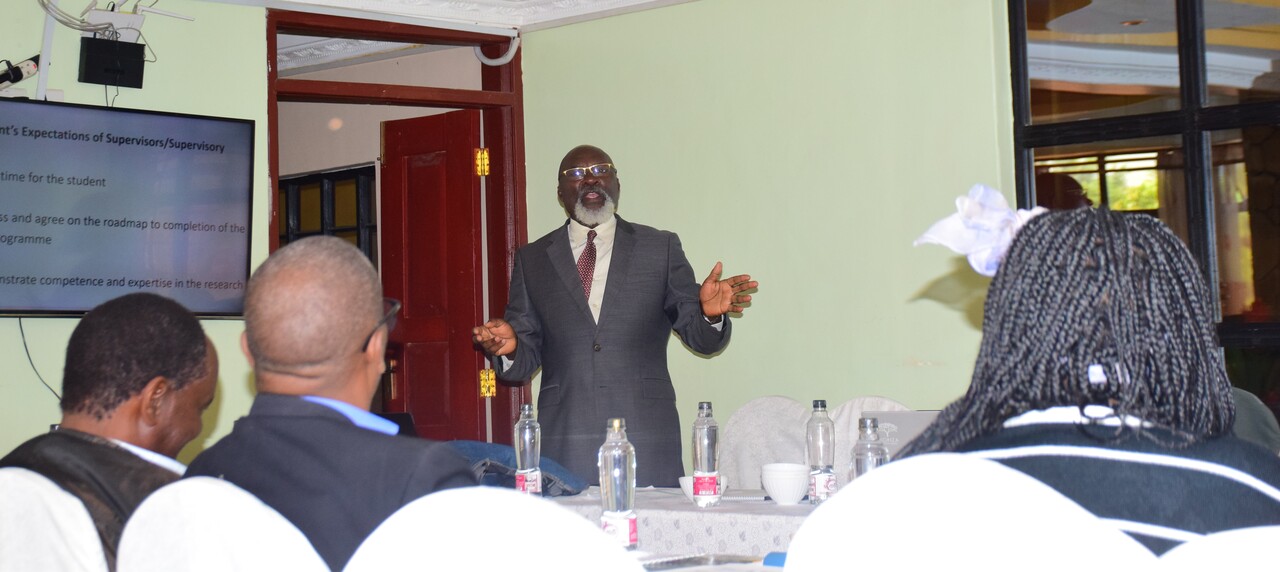
Led by Prof. Nancy Mungai, the TAGDev 2.0 Program Coordinator, the sessions highlighted the importance of early and consistent academic mentorship in graduate research. Drawing from lessons learned in the first phase of the program (TAGDev 1.0), Prof. Mungai emphasized that supervision must be proactive, deliberate, and aligned with real-world development issues. TAGDev 2.0, currently in its second year of implementation, is supporting a growing number of graduate students conducting research across focus counties including Nakuru, Kilifi, Nyandarua, Embu, Nyeri and selected counties suitable for commercial production of cassava.
The Dean faculty of Environment and Resources Development, Dr. Bernard K. Kirui appreciated the role of TAGDev in supporting MSc Environmental Science students to pursue environmental issues within the focus value chains. He said “agriculture operates within an environment and therefore I am grateful to the TAGDev Program for the support they offer to environmental science students”.
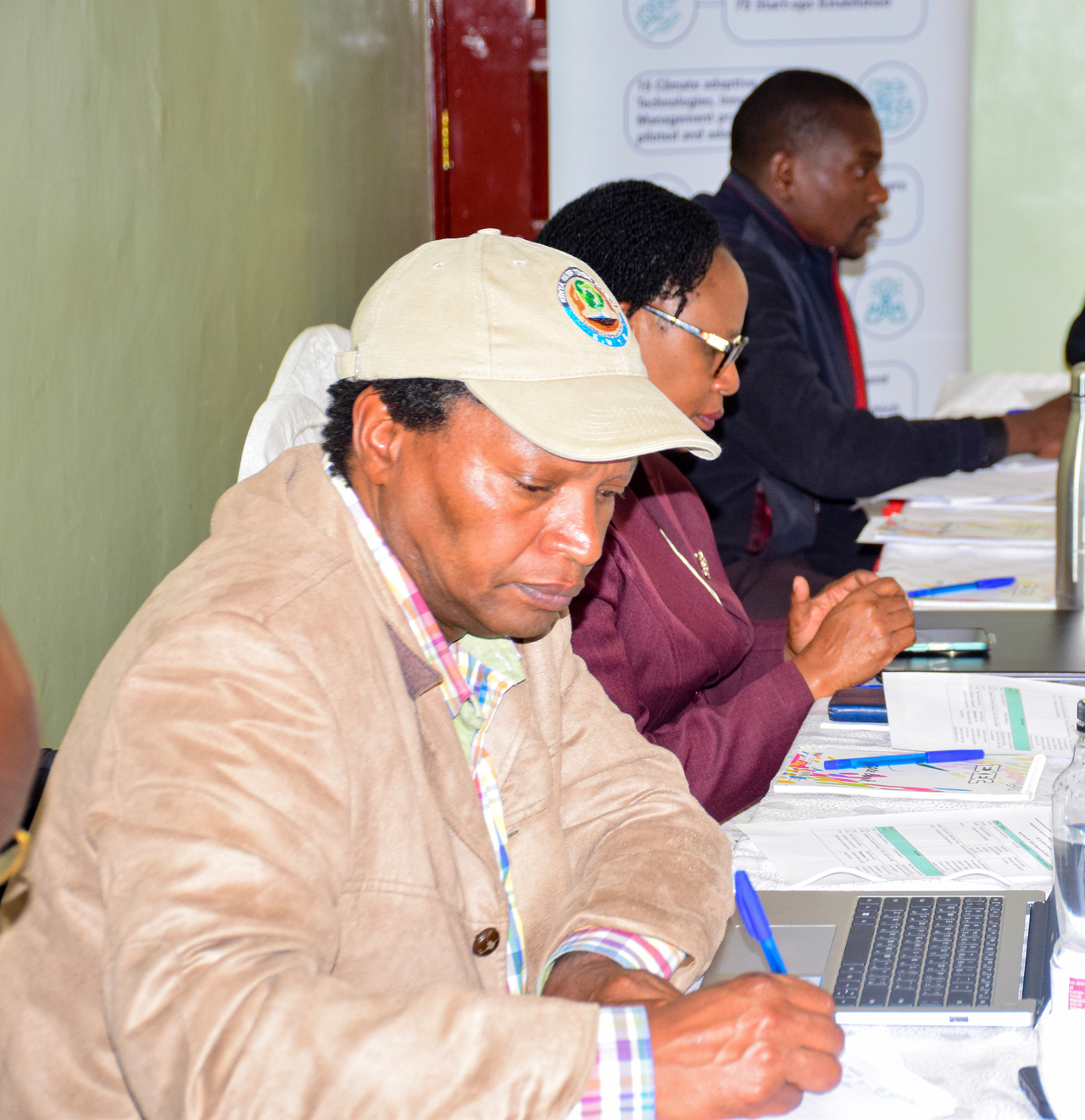
Dr. Justus Ombati, the Deputy Director, Board of Postgraduate Studies gave a presentation emphasizing ethical, efficient, and effective supervision. He called on supervisors to foster open communication, set clear timelines for feedback, and support students in adhering to research ethics. He also highlighted the importance of integrating students’ work into real-world impacts and encouraged regular supervisor-student meetings.
The TAGDev Program Associate Program Officer, Ms. Virginia Njuguna, presented a structured roadmap to support timely completion of MSc programs. The roadmap outlines clear milestones for each phase; proposal development, fieldwork/data collection, thesis writing, publications, and defense, within the two-year period. This will be possible through regular supervisor-student meetings, timely feedback, and integration of digital tools like Zoom to enhance communication creating a more coordinated, efficient supervision process that ensure academic success and impactful research outcomes.
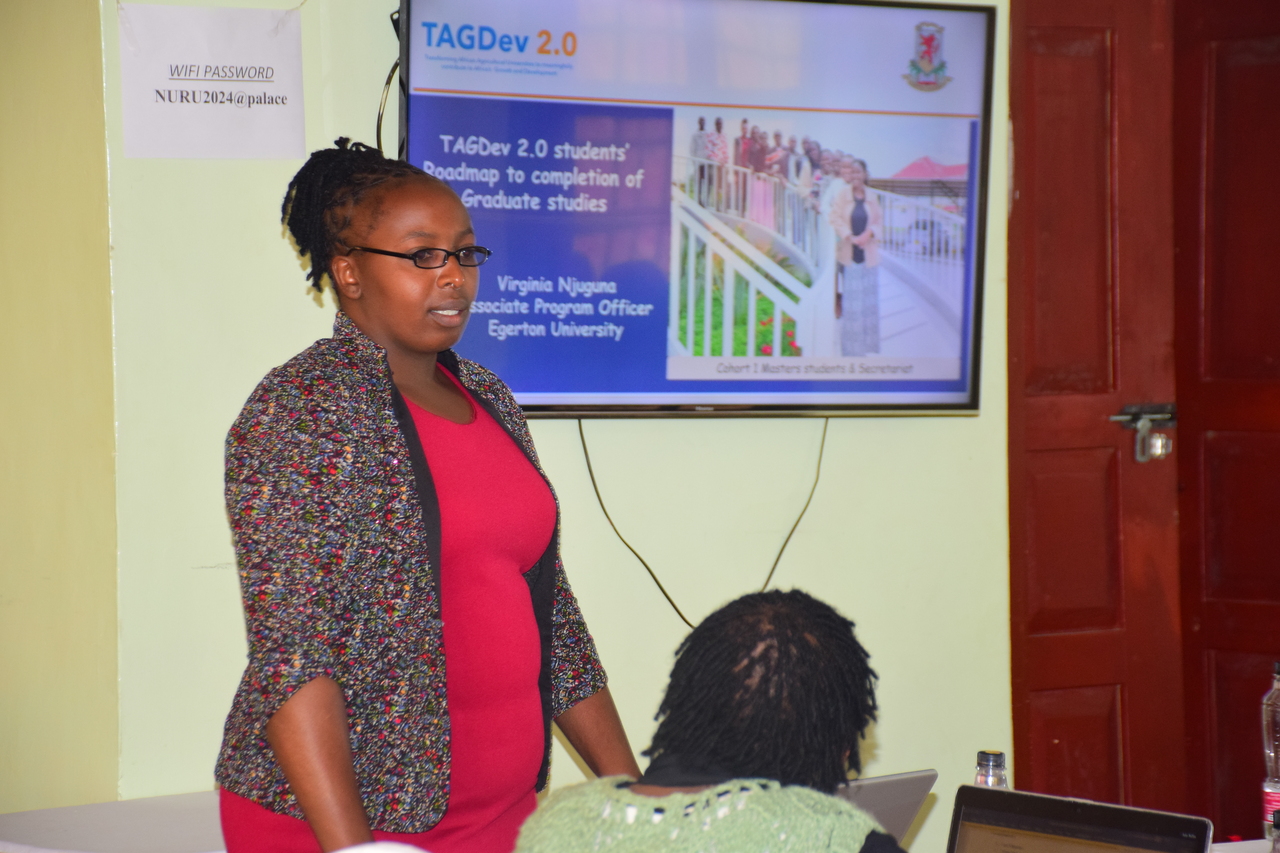
One of the key outcomes of the meeting was the agreement on the need to balance coursework
with research timelines. It was noted that the timing for proposal defense just around the final examinations for second semester may place undue pressure on the students. Supervisors recommended modest adjustments to departmental proposal defense timelines to one month after examinations to give students the mental space to focus on coursework. This student-centered approach is expected to foster better academic performance and more impactful research outcomes.
As TAGDev 2.0 continues to empower a new generation of agricultural researchers and innovators, this meeting reaffirmed that a collaborative, responsive, and impact-driven supervision model is key to producing graduates ready to lead transformation in Africa’s agri-food systems.
Written By:
Ian Kamau.
Communication Intern, TAGDev 2.0 Program, Egerton University
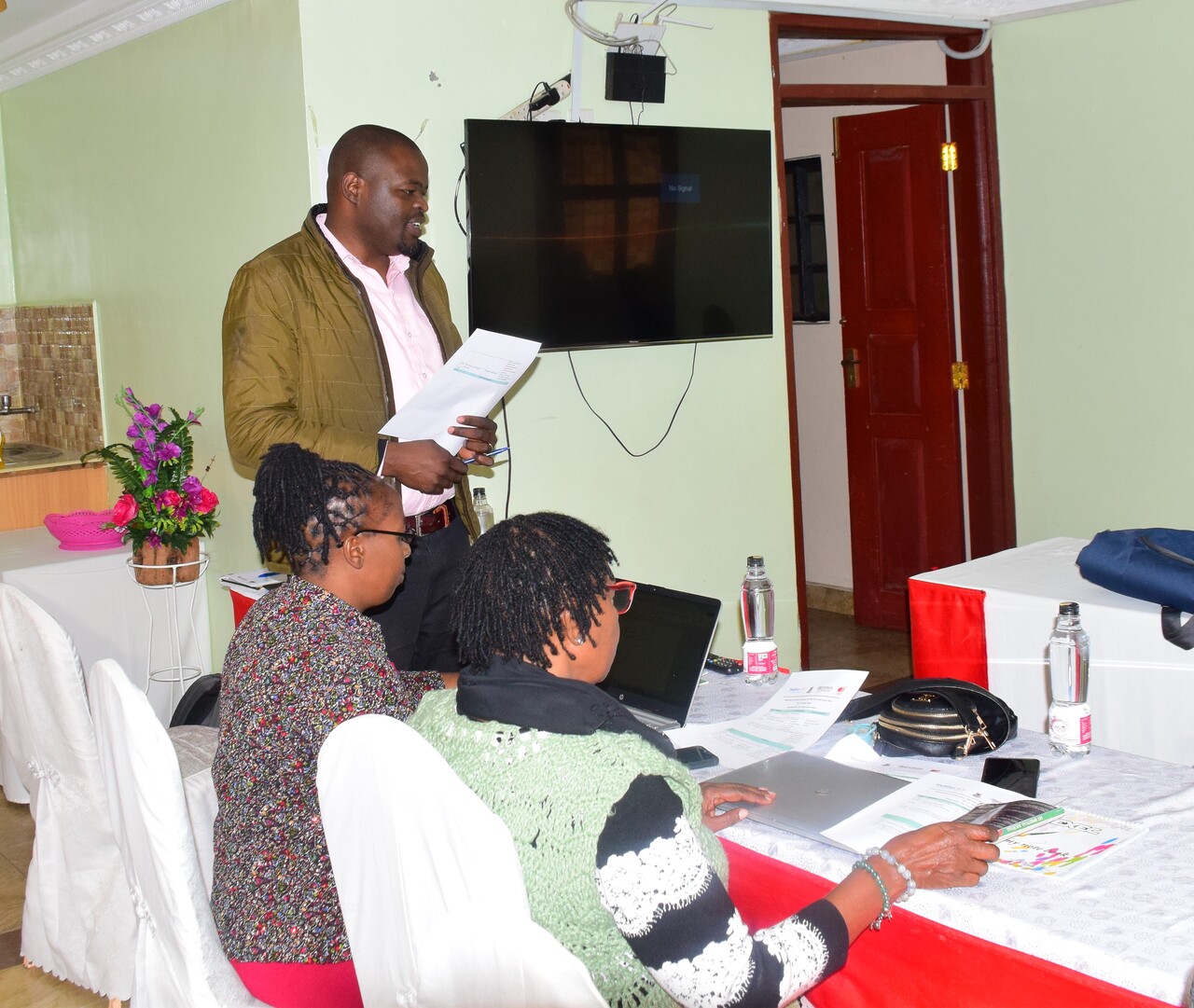
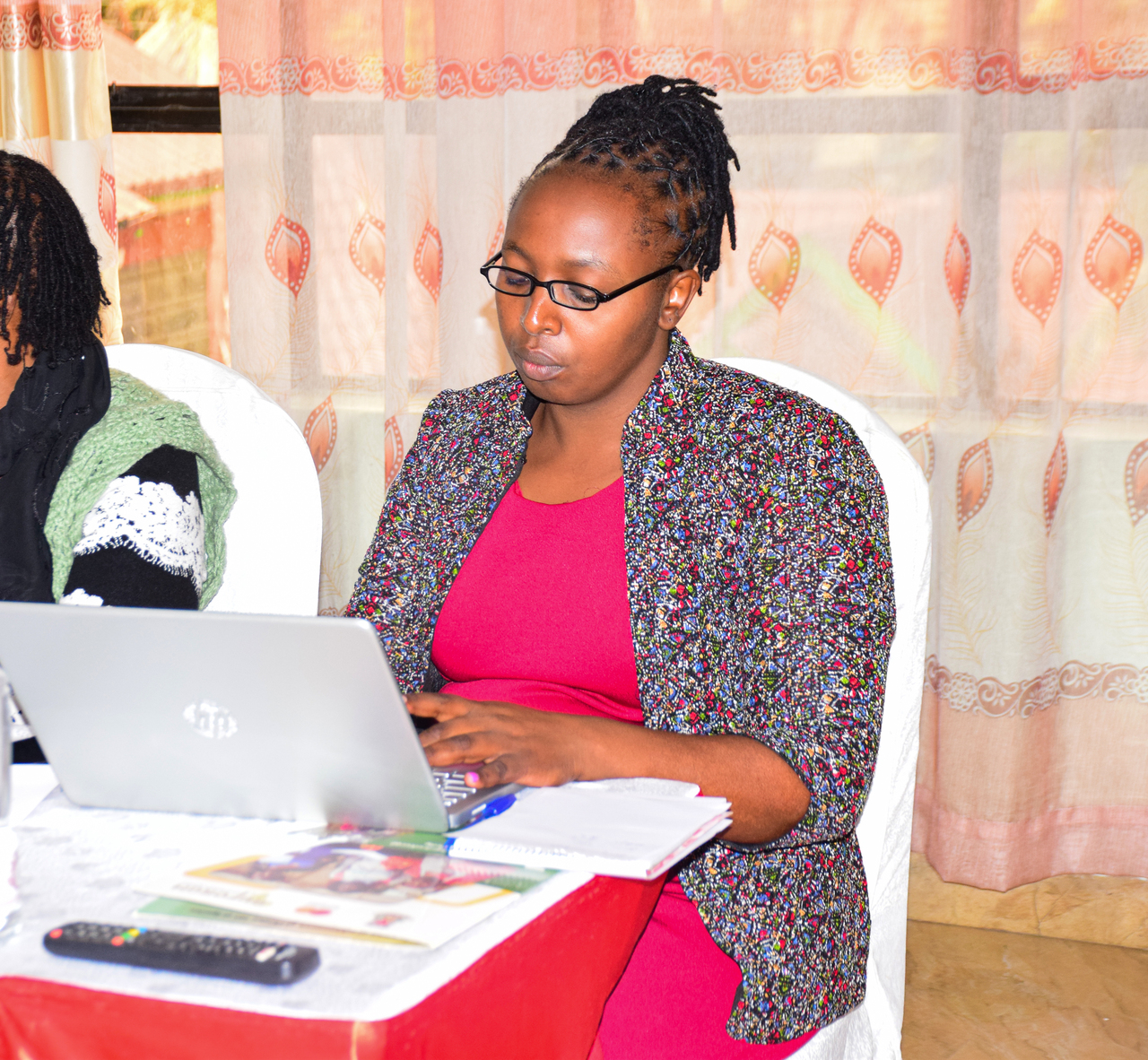
Egerton University’s TAGDev 2.0 Cohort 1 students today 7th May 2025, were involved in a transformative psycho-social support session organized by the program aimed at enhancing emotional resilience, promoting psychological well-being, and equipping students with effective stress management strategies as they navigate academic and personal pressures. The training held at the TAGDev Centre not only focused on academic excellence but also emphasized the psychosocial welfare of students. This approach recognizes that for students to truly excel, especially in a university environment that often presents a lot of challenges, their mental and emotional health must be prioritized.





